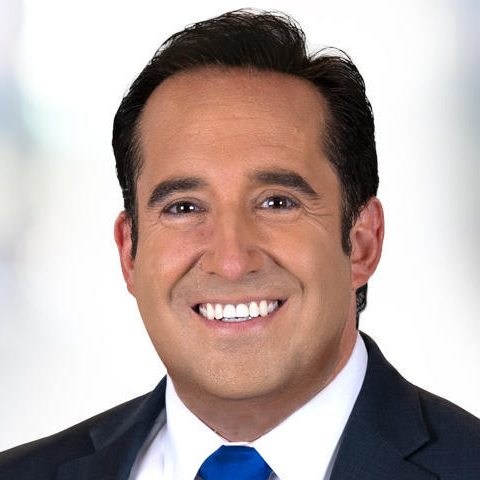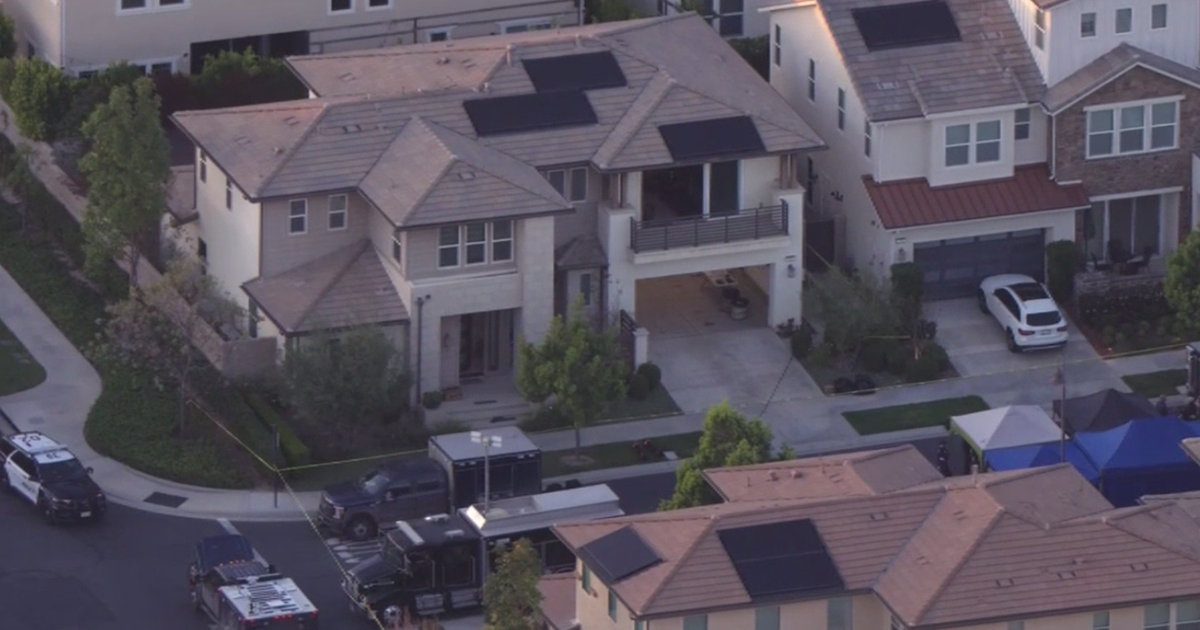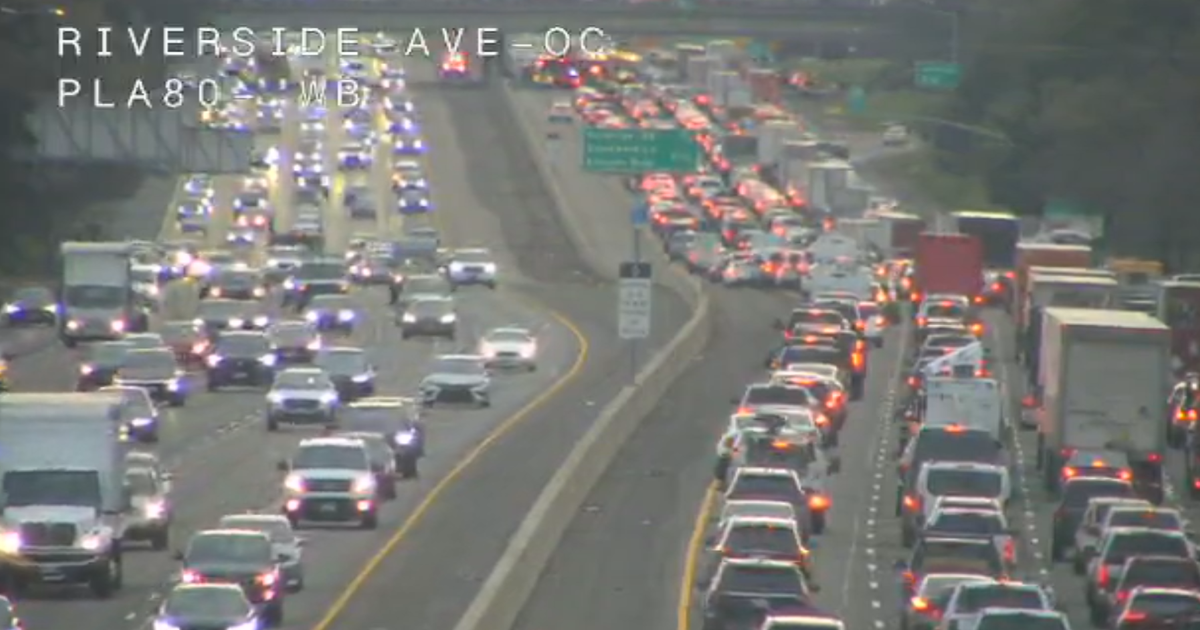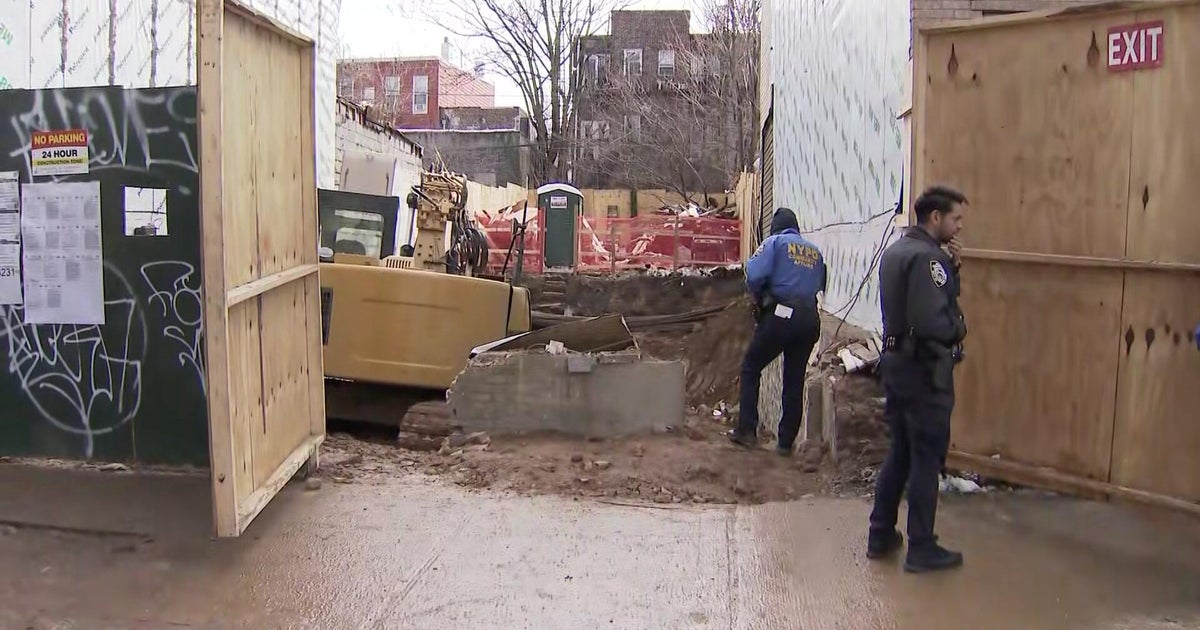WCCO Investigates: State of Emergency
MINNEAPOLIS — Is Minnesota ready to respond when an emergency strikes? The WCCO Investigates team is digging in and getting answers from top officials tapped with keeping us safe from all kinds of threats.
Join us all week as we look into Minnesota's preparedness for five different emergency scenarios:
- Monday, Feb. 12: Civil unrest
- Tuesday, Feb. 13: Cybersecurity
- Wednesday, Feb. 14: Active threats
- Thursday, Feb. 15: Severe weather and flooding
- Friday, Feb. 16: Pandemic
What have we learned from recent events? Where might we still be vulnerable? The WCCO Investigates team has been digging deep to make sure you know what you need to in the next Minnesota emergency.
Is Minnesota ready for the next pandemic?
FEMA Flood Map Service Center
Here is the link to FEMA's Flood Map Service Center mentioned in our special report about flooding.
State of Emergency: Reducing the impact flooding has on infrastructure
We've seen natural disasters across the country change communities from wildfires in Hawaii to hurricanes along the Gulf Coast. Minnesota has its own threats like blizzards and tornados, but we've learned our greatest is flooding.
You may remember the costliest flood year in state history: the spring of 1997 along the Red and Minnesota rivers. FEMA estimates $300 million in public infrastructure damage impacting 58 of the state's 87 counties. Nearly 25,000 families were affected.
As part of WCCO's State of Emergency series, Senior Investigative Reporter Jennifer Mayerle explores what's being done to reduce the risk.
Are Hennepin Healthcare, county ME prepared for large-scale emergencies?
Agencies in Hennepin County train together with dispatch, EMS, police and fire to help prepare them to better respond when there's the potential for people being hurt.
What about the people that need help? How prepared is Hennepin Healthcare to handle multiple patients at once? And what about the medical examiner's office? Senior Investigative Reporter Jennifer Mayerle explores what's in place should the unthinkable happen here.
Any given day, first responders rush patients to the emergency department at Hennepin Healthcare. The level one trauma center does drills to get ready for the unknown disaster, surging the ED with patients, played by high school students.
"We like to talk about space, staff and stuff or supplies. So, if we get inundated to the point where it overwhelms our capacities and our capabilities that would result in a mass casualty incident. So anything that would overwhelm us would then activate the mass casualty incident when we pull that lever, we're bringing in folks from off campus to come support us," said Seth Jones, Emergency Preparedness Program Manager at Hennepin Healthcare.
How agencies in Hennepin County joined forces to train for active threats
We've heard it too many times around the country. A person has opened fire, hurting people and killing others. There were more mass shootings than days in 2023. WCCO wanted to know how ready Minnesota is to respond.
Senior investigative reporter Jennifer Mayerle discovered agencies in Hennepin County joined forces a decade ago.
"An event like this, we all know is a horrible, terrible event. And we need to be prepared when this event happens to act and perform at a very fast pace. Because at the end of the day, it's about saving lives," Battalion Chief Steve Baker with the Plymouth Fire Department said.
A regional response board made up of police, fire, EMS and dispatch work in tandem to train.
"I think what we've all learned over time is we have to have these disciplines working together to most effectively enter and engage and stop a threat and then evacuate injured and take care of those people," Chief Matt Sackett with the Eden Prairie Police Department said.
How Minnesota hospitals, state officials prepare for cyber attacks
The State of Minnesota stores and protects data on some six million residents, and that's only one cache of sensitive information under the close watch of the Minnesota Department of Information Technology (MNIT).
"It's everything from highways and highway traffic control systems, we run the zoo. We run everything in between," Steve Israel, Chief Security Officer at MNIT, explained to WCCO Investigates. "If there's any large internet outage - you've probably experienced that at home, what happens when you lose access to web - imagine that on a large scale basis."
Those worst-case scenarios threaten all kinds of critical infrastructure, from highways to hospitals to communications to finance. State lawmakers recently earmarked an extra $32 million to MNIT's budget specifically to bolster cyber defenses.
MNIT last year also rolled out the first statewide cybersecurity plan, which covers more than 3,000 government entities.
"I'll say I think we're doing a lot of the right things," Israel added. "Many of the cyber attacks - hackers are using compromised machines they're stealing from people in day to day businesses."
State officials reported more than 1,000 security incidents last year, hitting schools, universities, and government offices. Hospitals and health clinics have also been on the defensive.
Are Minnesota agencies better prepared for civil unrest?
The images are seared into collective memory, some of the darkest hours in Minneapolis history. Protests erupted into riots, looting and arson following the police murder of George Floyd. The Minneapolis Police Department's 3rd precinct was given up in the mayhem, and the city woefully unprepared to respond to the enormity of the events.
"What's so problematic around 2020 is there wasn't one incident. It wasn't one location. Was hundreds of different locations across the city," Mayor Jacob Frey said.
An after-action report found Minneapolis mishandled the response, didn't follow emergency procedures, lacked leadership, structure, coordination, and communication. It offered 27 recommendations Frey says they're nearly done implementing.
"I'll tell you, in terms of dealing with crisis, in terms of dealing with emergency, and in terms of the work that we've done over these last several years to be prepared, there is no city, there is no administration that is going to be more prepared than we are," Frey said.










